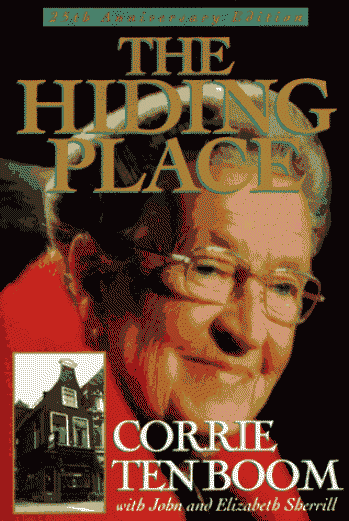
The subtitle "Meditations on the Miracle" is very appropriate. This book reminds me of the writing style of John Eldridge; it has Scripture sprinkled in and seems to come from a Christian worldview, but is so romantic, metaphorical, and fluffy that I'm not sure exactly what the author is saying or how much I agree with. I like my books more straightforward, with outlined points and clear-cut summary sections. However, some of it was helpful.
My favorite part-- indeed, the most helpful for me, was his discussion of "Otherness" in marriage.
"The fact is that our natural tendency is to treat others as if they were not 'others' at all, but merely aspects of ourselves. We do not experience them as the overwhelming, comprehensive realities that we feel ourselves to be. Compared with us, they are not quite real. We see them as through a haze, the haze of our own all-engulfing selfhood..."(45).Indeed, I often think of God this way. But loving someone, knowing and appreciating the being that they are, helps us learn to better know and appreciate the reality of God.
I liked his explanation of "the two becoming one":
"Inevitably, as we shall see, a couple will grow more and more like one another in character. Yet at the same time, for two to become one flesh does not mean for the hand to become a foot. It means, rather, for the foot and the hand to become coordinated, to start doing the same task, heading in the same direction" (140).I also resonated with this:
"One of the commonest illusions about marriage is that it is meant to be a sanctuary, a place of familiarity and protectedness amidst the alien harshness of the world, a place in which the rigors of change and challenge and uncertainty are expected to be minimized, the shocks of life abated....God wants us to enjoy security. Unfortunately, we have a way of equating security with complacency."What a helpful exhortation!
Still, for all these helpful tidbits, the sum of the book wasn't my style, and there were some parts I couldn't agree with wholeheartedly. Often it seemed that instead of supporting the idea that "Relating to God is #1; marriage is a reflection of that, and a way to learn to do that better," it was saying that "Make marriage #1 because if you're doing that, you're learning to love, and ultimately that's serving God." On page 157, for example, it seems that we are to be most concerned with "directly" submitting to our spouse, more than to God (though it is implied that submitting to a spouse is "indirectly" submitting to God.)
One particular thing I didn't like about Mason's style was his repeated aggrandizement of "love." It wasn't defined, the idea wasn't applied to various situations in life, but whatever it is, it seemed to be preeminent to this life, and the primary way to express it seemed to be marriage. Much was made of following love and being long-suffering and forgiving, holding to love's ideal rather than ever giving up on one's spouse. I am a firm believer in marriage; I believe God hates divorce. Still, I think in all this discussion, there should be explanation of how all these ideals apply to us in our fallen world. Particularly, some discussion of abuse situations should be noted. We should still discuss the importance of patience, steadfastness, and commitment, but the church has ignored how to handle very real situations of abuse for far too long.
If it sounds like I'm being harsh, I don't mean to be. On the whole I appreciated this book, unique from other marriage books I've read which tend to discuss only leadership/submission. I think I set my expectations a little too high when I read JI Packer's foreward:
"...marriage, being the most delicate and demanding of human relationships, as well as potentially the most delightful, is a terribly difficult topic on which to write wisely and well. I should have pointed out that the Christian world is already full of bad books on marriage, books written, it seems, by extrovert Pharisees for readers like themselves who want to reduce life to routines of role-play....Rarely however, has a new book roused in me so much enthusiasm as has the combination of wisdom, depth, dignity, and glow--I don't know what else to call it--that I find in these chapters" (9-10).
















